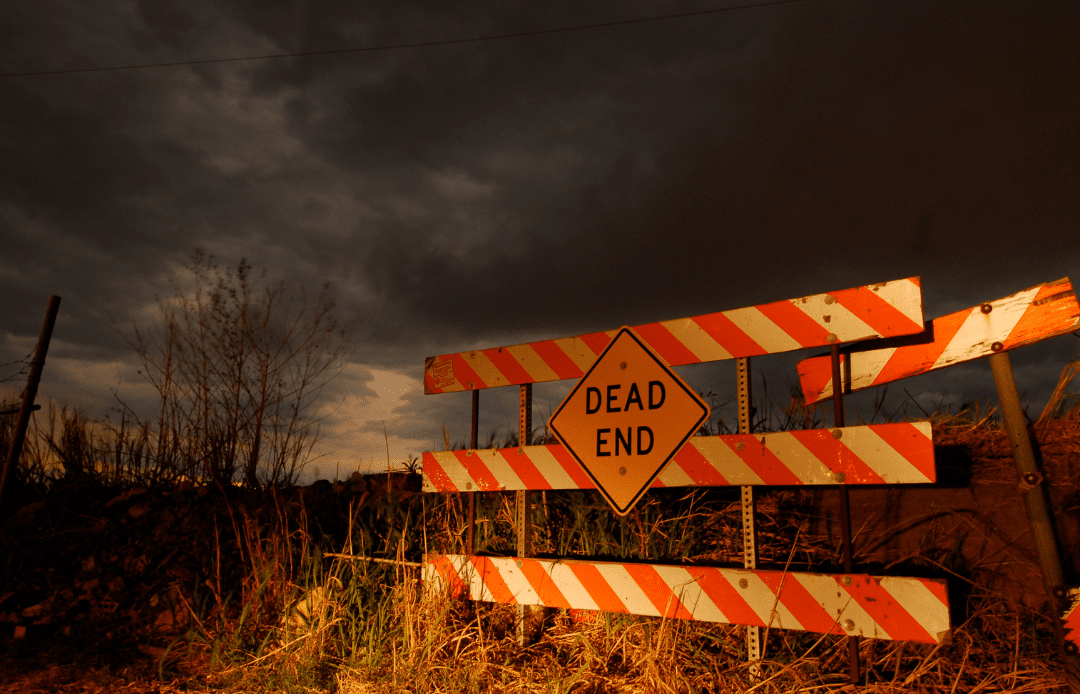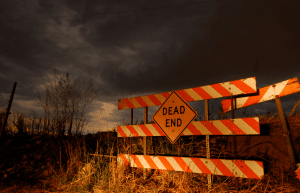[title text=”How to Call in to the CTC Meeting:” style=”bold”]

Help Us Stop a Highway Expansion Project!
Meeting Info:
California Transportation Commission Hearing
May 16, 2024
Yolo-80 Agenda Item
How to Call In:
Step 1: Register for the meeting[divider width=”medium”]
Registration Link: https://zoom.us/webinar/register/WN_M6_ImNifTtecMpCuCd6c0A
Once registered you will receive the meeting’s Zoom link by email. It’s best to register in advance, but you can register and join during the meeting.
Step 2: Join the Meeting and use the “Raise Hand” feature during the Yolo-80 Agenda Item (will be shown on the screen as Tab 17) to indicate you wish to speak.[divider width=”medium”]
Step 3: When the clerk calls your name, unmute yourself and begin to speak. Start by introducing yourself and stating where you are from. You may have 3 minutes to make your comment, but the Chair of the Commission may reduce your speaking time to 1 minute if there are a lot of people signed up to make comments. Use the talking points below to help you make your argument.[divider width=”medium”]
Tip: Feel free to talk about your personal experiences, especially if you live next to a noisy highway or know someone who has experienced the effects of air pollution.
Step 4: Thank the commissioners and urge them to vote No on the Yolo-80 Project
[divider width=”full”]
Talking Points:
Yolo-80 Managed Lanes Project:
- This project will build 17 lane miles of tolled lanes on the I-80 freeway between Davis and Sacramento
- While the project claims to reduce congestion, by constructing additional lanes, it will actually increase traffic on the road through a process known as induced demand.
- The additional number of cars on the road will lead to a significant increase in air pollution and GHG emissions in the region.
- This additional traffic will increase greenhouse gas emissions in Yolo County by roughly 9%. Given the California Air Resources Board’s goal for regions to reduce their GHG emissions by 19% by 2035, constructing this project directly conflicts with the need to combat climate change.
- The project will also increase the number of trucks on the road.
- Truck traffic generates significantly more air pollution than cars and is responsible for 59% of ozone and 55% of particulate matter emissions
- Exposure to ozone can cause damage to the lungs through health effects such as asthma, bronchitis, reduced lung function, and permanently scarred lung tissue.
- Car and truck exhaust also releases particulate matter pollution which can cause lung cancer, heart attacks, and even premature death
- California is the worst state in the nation when it comes to air pollution, and this project will negatively impact the health of local residents living in counties already struggling to meet Clean Air Act standards.
- While these types of projects are typically required to mitigate all environmental harm, the Yolo-80 project will only mitigate half of its adverse impacts.
- The project documents underestimate the project impacts by 44%, meaning that the proposed mitigation has even fewer benefits than is being reported.
- If left unmitigated, this project will continue to pollute the surrounding environment and undermine the work the state is doing in addressing climate change.
- The Yolo-80 project should be required to mitigate its full impact through additional investments in public transportation and walking and biking infrastructure.
- The Yolo-80 project is currently under audit for possibly violating the California Environmental Quality Act (CEQA).
- Under CEQA, projects are not allowed to be split into smaller pieces in order to obscure its possible environmental impact.
- Caltrans is currently restoring the pavement on the I-80 and it is not clear whether that project should have been a part of the Managed Lanes Project.
- The CTC should not be voting on this project until the audit results have been announced.
- This project is receiving funding in advance of other projects applying for this funding source. This is significant because this project had its application previously rejected and would likely struggle to compete for those funds without the advance award.
- The Yolo-80 project is being considered now because it is set to receive additional federal funding, but that funding would be better spent on projects that offer more mobility options such as investments in light rail, public transit, biking, and walking, which will more effectively reduce traffic on the I-80 than constructing additional lanes.
- The project failed to involve the local residents in its decision making and did not do an appropriate amount of outreach to notify the public that this project was happening and to collect community feedback. Additionally, the project did not set aside enough funding to incorporate an environmental justice component to address the equity issue of having tolled lanes.
Air Pollution:
- 40 counties in California are currently in nonattainment under the Federal Clean Air Act.
- 12 of those counties have air pollution levels that are considered extreme
- Most of them fail to meet the Ozone or Particulate Matter (PM2.5) criteria
- Traffic pollution can cause premature death and cardiovascular diseases such as lung cancer, asthma, heart attacks
- Children exposed to air pollution are more at risk for asthma and reduced lung growth
- 72 million people in the U.S. live near highways and are more likely to be low-income or people of color
- People of color communities are 61% more likely to live in areas impacted by unhealthy air
Highways:
- Highway widenings do not:
- Reduce Traffic – Through a process known as induced demand, additional lanes create more space for cars which quickly fill up by drivers, creating more traffic on the road
- Improve Safety – By increasing the number of cars on the road, highway widenings increase the rate of car accidents
- Improve Accessibility – Low-income households still struggle to reach their destination due to the high costs of car ownership and highways were traditionally built through people of color neighborhoods.
- Improve the Economy – Highway widening projects do not create long-term job opportunities (as opposed to investments in public transit) and have been found to not substantially benefit regional economies.
- Once a highway is built, it is very difficult to mitigate the increase in air pollution through investments in public transit, or biking and walking infrastructure.
- Lane miles have increased by 5% in the last 4 years.
- 80% (or $18.2 Billion) of state transportation funding is spent on projects that result in increased traffic on the road or maintain the status quo.








